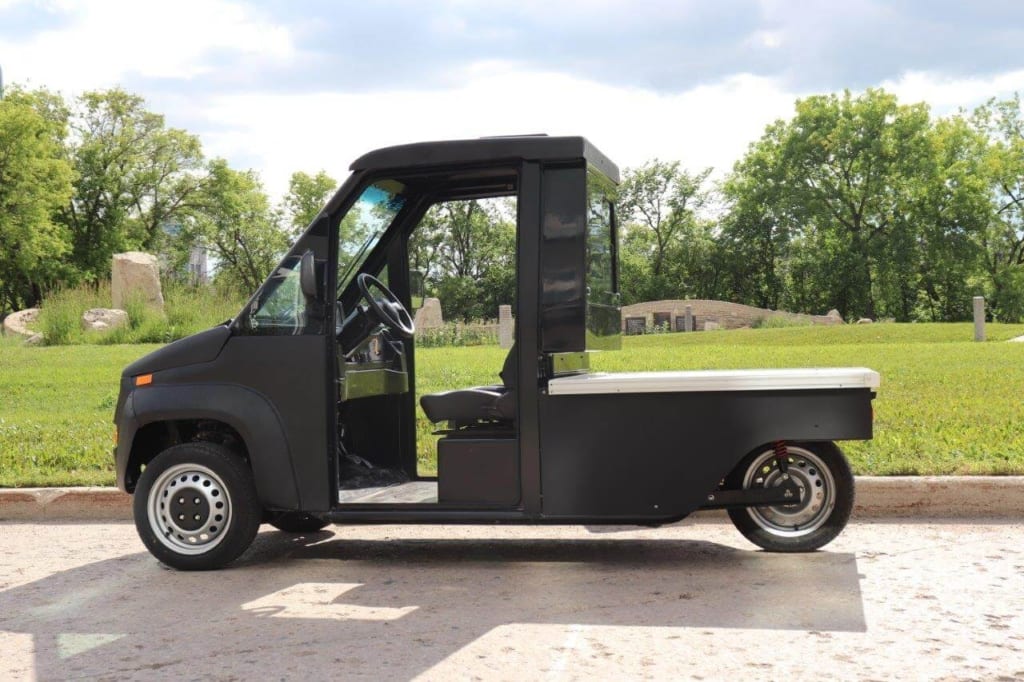It's an election year, so why don't politicians jump to the simple goal of profiting from their program? Indeed, life revolves around the almighty dollar and, in many cases, greed and power. As consumers, we need to disassemble the BS and find out for ourselves whether electric vehicles can make sense for our future as individuals and the nation as a whole.
Like many of you, we have a lot of unanswered questions and don't know what to believe. The question is not if, but when, alternative oil substitutes will become critical. In this article, we will begin to uncover the truth about electric vehicles. You can also check out the new MAX-EV 3 – twin passenger PSV online.

Image Source: Google
First, we will briefly describe the four categories of electric vehicles (EVs), which are usually divided into the following categories:
Hybrid electricity
Hybrid electric vehicles use battery-powered electric motors to complement traditional gas-powered motors. The addition of an electric motor helps reduce idling and allows the vehicle to run emission-free at low speeds, usually below 40 mph.
Hybrid electric vehicle replacement (PHEV)
Plug-in hybrid vehicles are similar to standard hybrids in that they combine an electric motor with a traditional gas engine. The difference is, this car uses a larger battery that can be charged by plugging the car into a wall outlet.
Battery-powered electric vehicle (BEV)
This vehicle uses only electricity and does not have a gas-fueled engine, so it does not produce exhaust gases. Due to pure battery operation, it is necessary to stay within reach of the vehicle until the next available charge.
